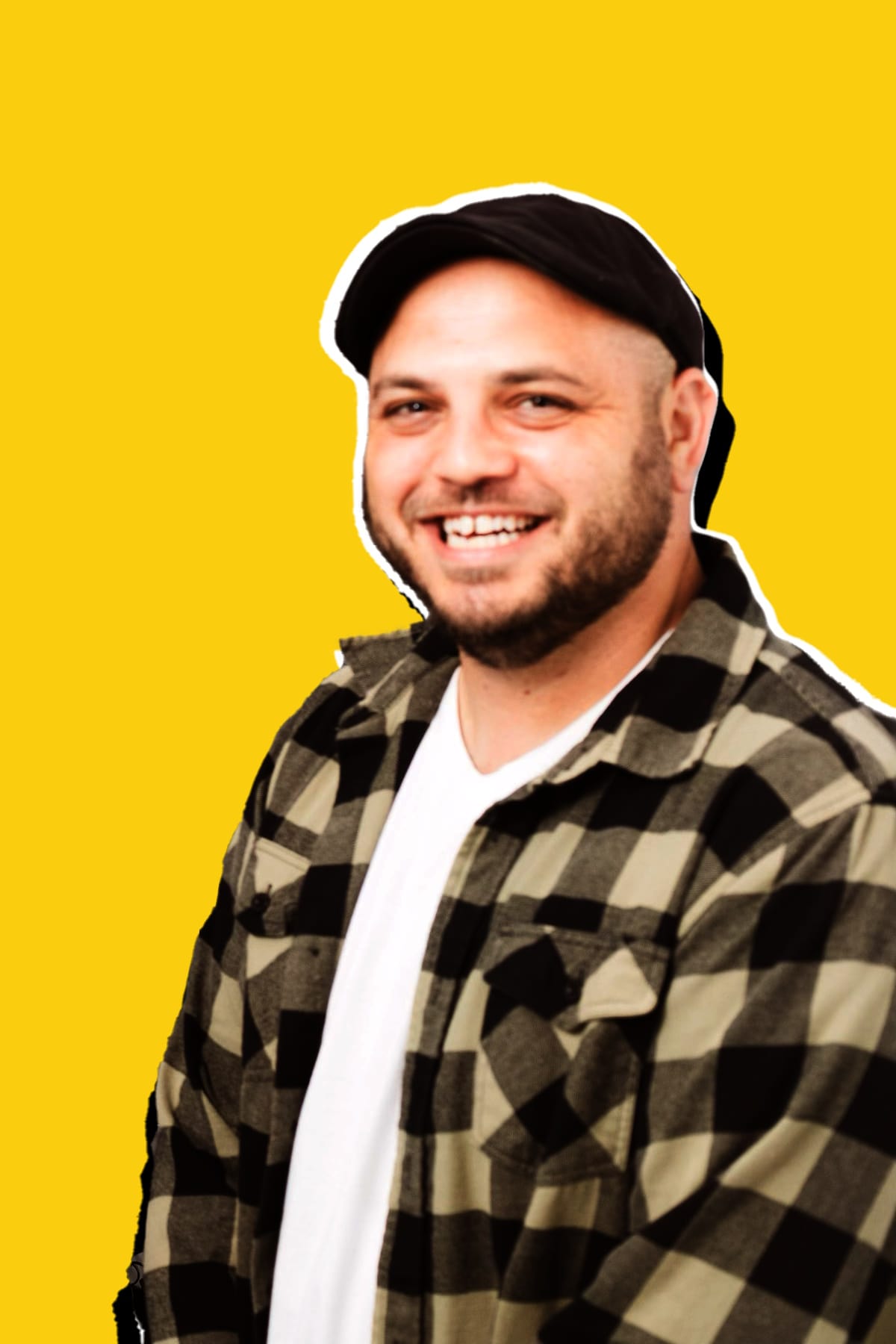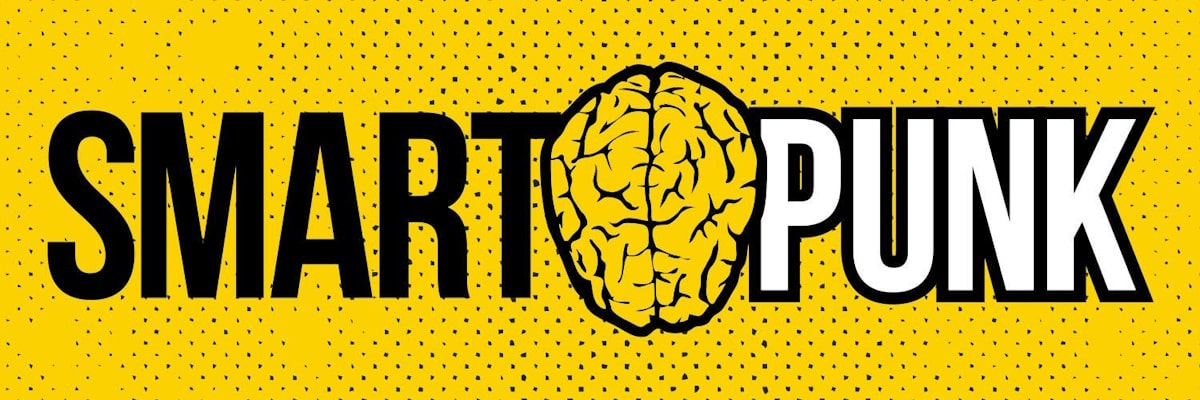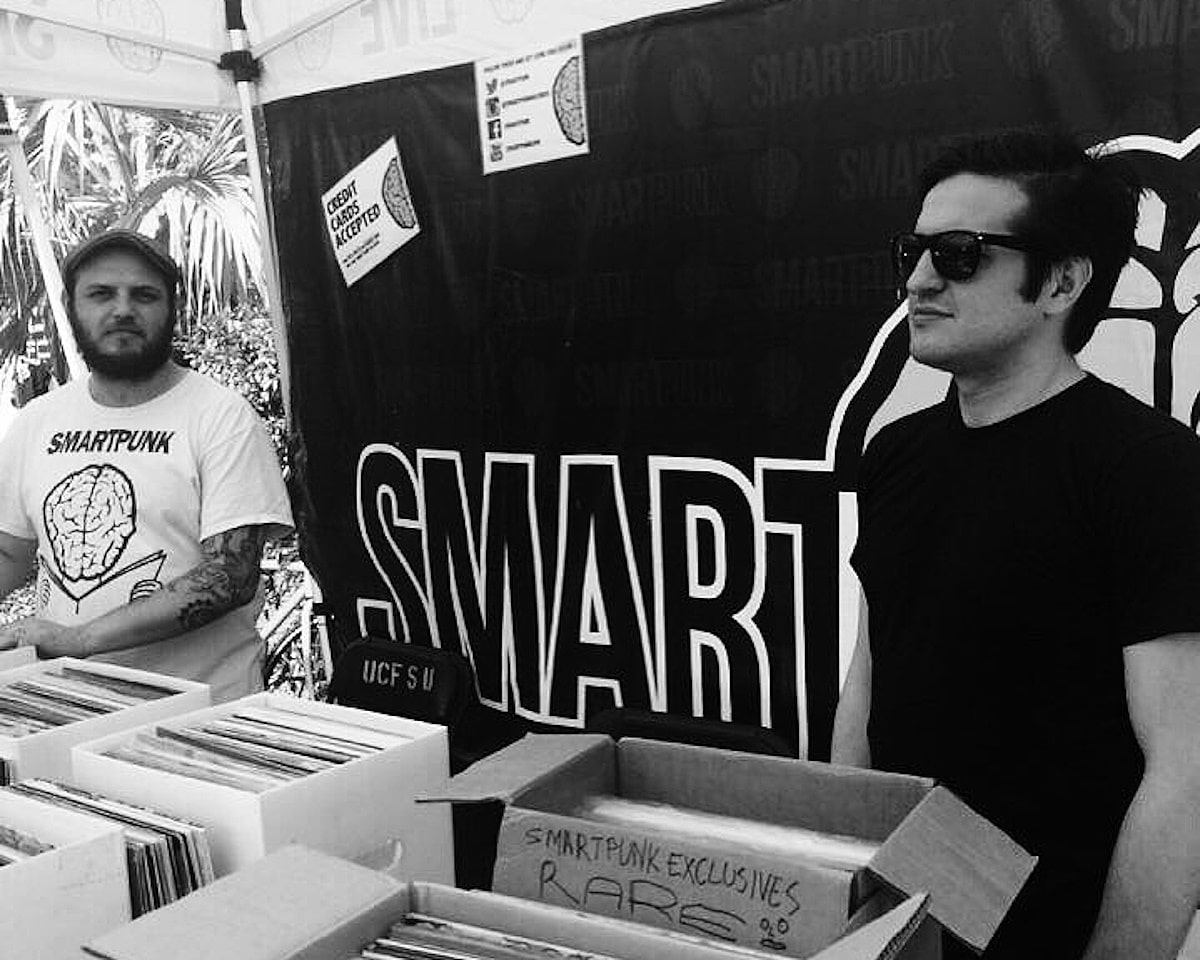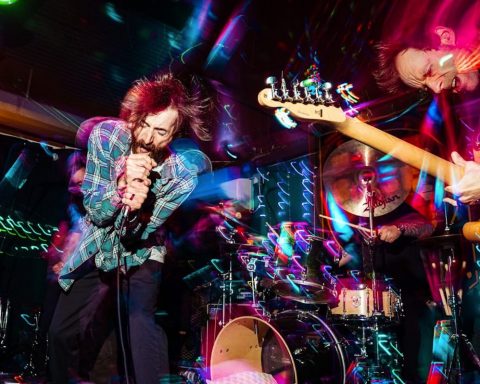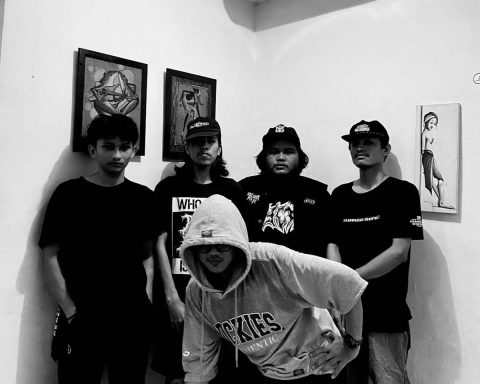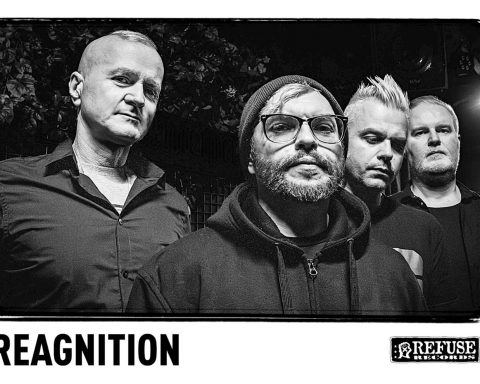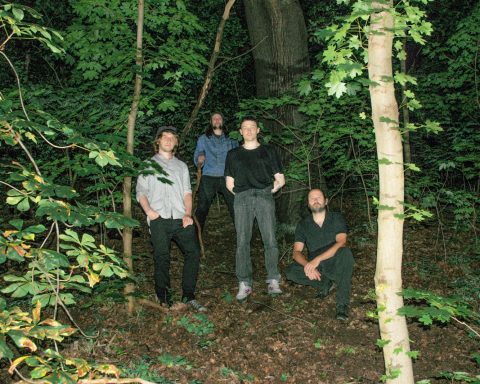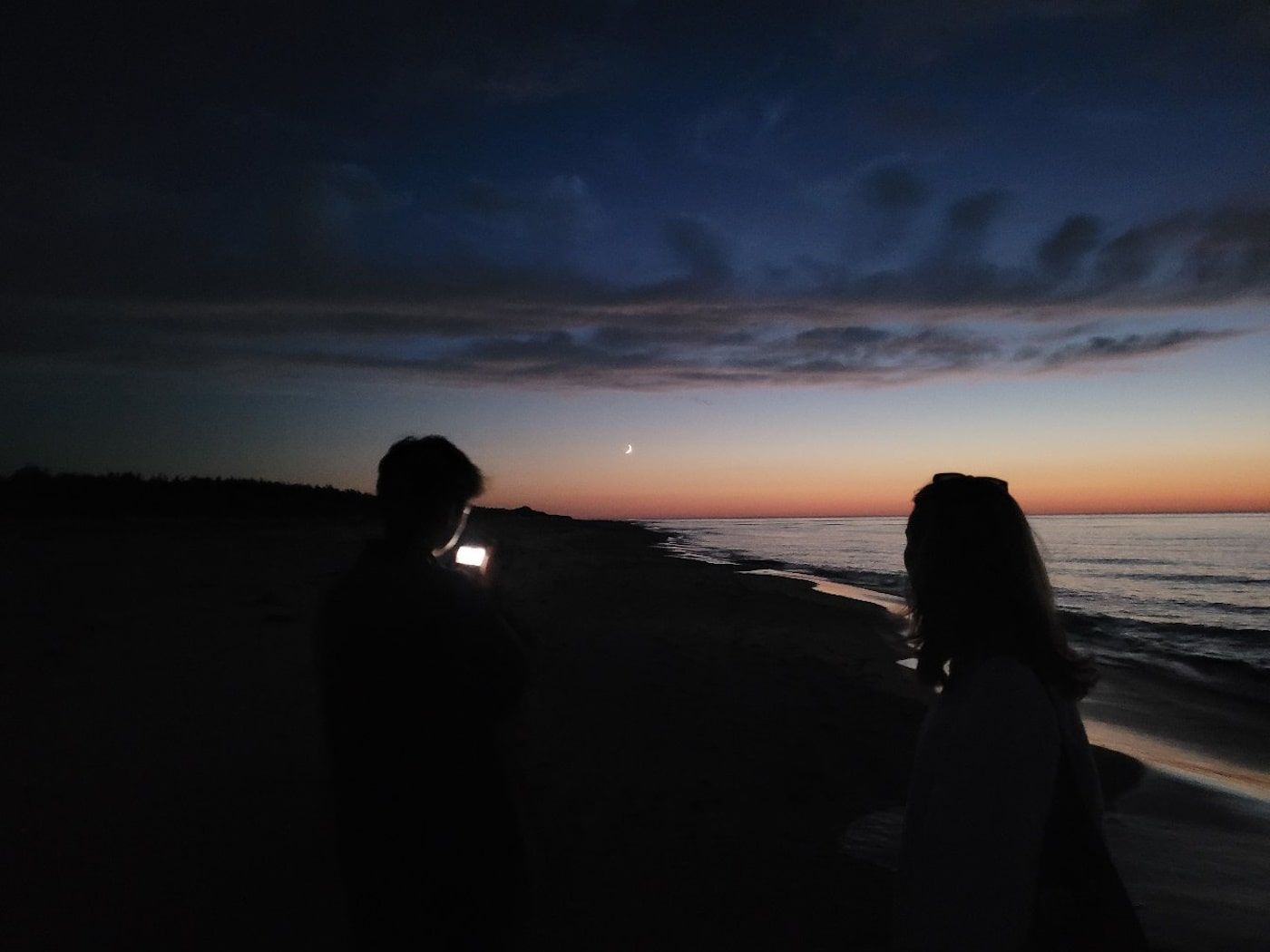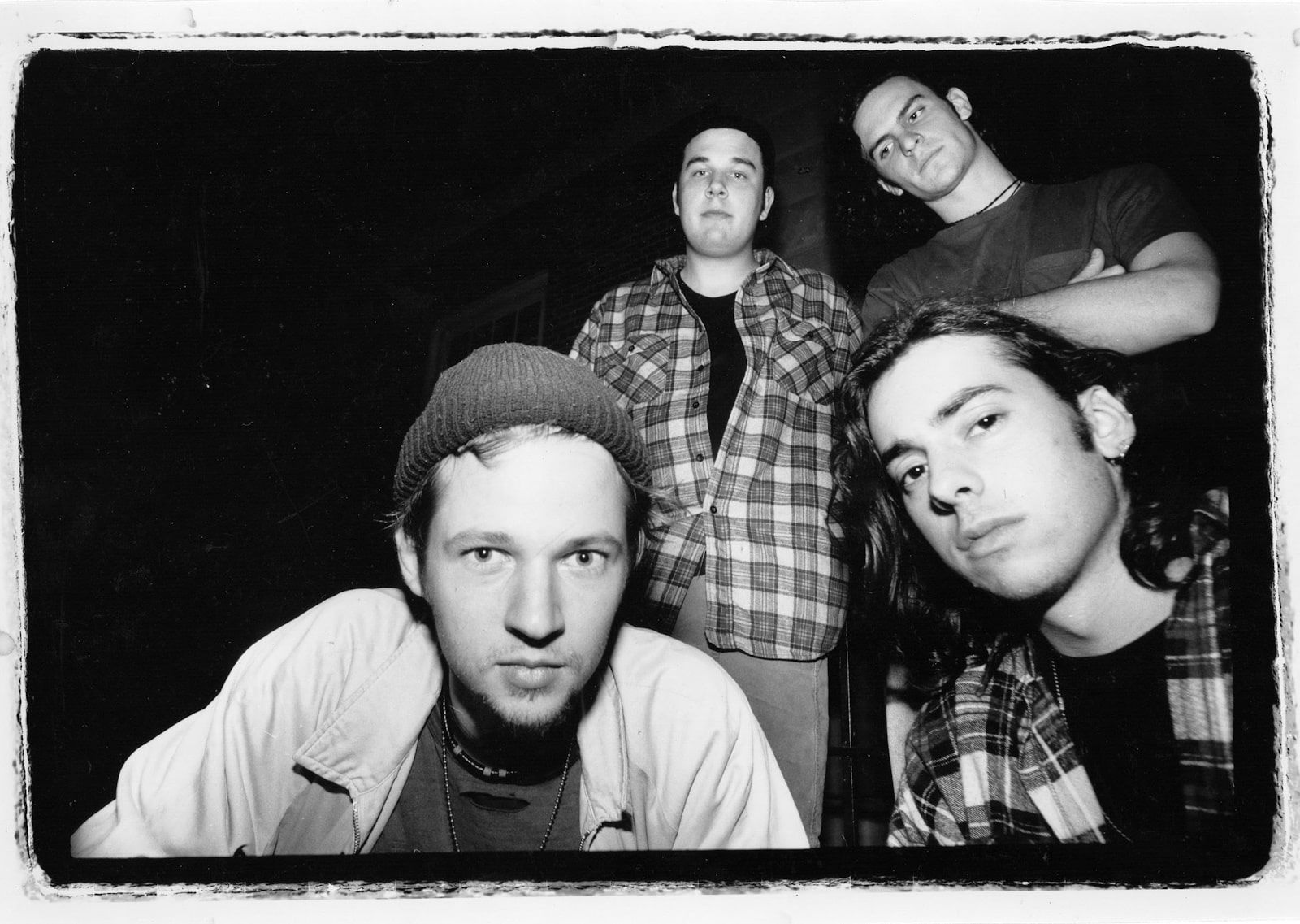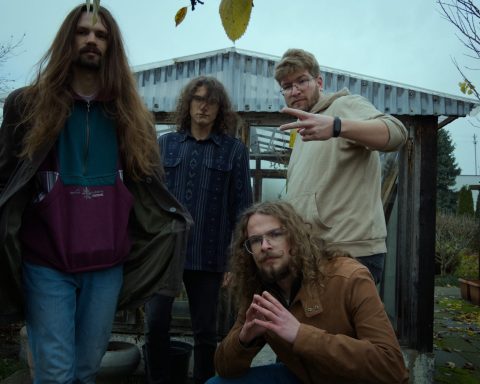Long-standing punk rock labels hold a special place in my heart; there’s immense respect for the legacy they build and sustain. Today, we’re highlighting one of those resilient entities—Smartpunk Records. Based in Orlando, FL, this independent label is driven by self-proclaimed “vinyl dorks” with a genuine love for punk, rock, indie, and alternative music. They’ve not only kept their passion intact but managed to thrive in a tough music industry and environment that often feels cutthroat and unforgiving.
Smartpunk began in 2016, originally dedicated to reissuing vinyl records that were either out of print or had never seen a vinyl release. They quickly made waves with reissues like SET YOUR GOALS’ Mutiny and GAMEFACE’s Good, soon expanding to include newer bands and unique color variants. Fans may recognize the label from its days on the Vans Warped Tour circuit—a fitting backdrop for their iconic releases, which include Less Than Jake’s Anthem, Nominee’s Lowlife, RIVALS’ Sad Looks Pretty on Me, M.A.G.S. Say Things That Matter, and melodic skate punkers The Swellers’ My Everest, and YELLOWCARD’s reissue of Lights and Sounds.
At the helm is label manager Matt Burns, who has seen firsthand the evolution of the industry and the genre since his early days in South Florida’s punk scene.
In our special feature today, Smartpunk’s manager, Matt Burns, shares his personal journey, offering insights into the label’s history and the ever-evolving punk scene.
From his first taste of the music world at a New Found Glory show in the early 2000s to his experiences working with Smartpunk, Matt’s story sheds light on the unique perspective that fuels this label. Dive into his thoughts on how punk has evolved, the importance of physical media, and his vision for nurturing new artists in a digital world.
Words by Matt Burns:
My first dive into the music scene probably starts the same as any kid in the late 90s/early 00s in South Florida—at a New Found Glory show. I was unaware at the time, but the first show I ever went to was pretty insane to think about now, though looking through old flyers, was pretty par for the course.
It was September 2nd, 2000, and it was the first hometown show NFG played since signing to MCA, and Saves the Day had put out Through Being Cool less than a year prior. Other acts included Face to Face, with a little band called Alkaline Trio opening. I went up to the Saves The Day merch table after their set (which thanks to the internet, you can see below) and promptly was coerced to buy their latest record.
I vividly remember staying over at my friend’s house that night that also went to the show, popping the CD into his boombox, and pulling out the liner notes to read along with the lyrics. This has absolutely stayed a core memory of mine, and I believe it’s the reason I’m still here doing what I’m doing today!
After some years of touring and owning/running an all-ages venue and working at a recording studio, I got asked by some friends if I wanted to get in their van and help them sell some records at RiotFest. I thought “free ticket to see the original Misfits? Fuck yeah!” It was a 2 day drive up, a 4-day stay, and a 2-day drive back—all of which felt very natural and I was surrounded by people with the same mindset and doing their own version of punk rock DIY. Jumping in the van and doing this trip with the team had filled a void I kind of had put off for a couple of years while I was working my barista job and trying to climb that ladder. I had known the Smartpunk name from the days of the famous Warped Tour stage, but didn’t know it was still around and kicking, or even more so, a record label and distro. Enter my first “job” on the other side of the “industry”: mail order and socials for Smartpunk Records, circa 2017.
At the time I was coming into the fold, we had just started working with other independent labels to do exclusive vinyl variants of their releases. We had JUST begun putting out records by bands that weren’t solely our friends. We had been working with PR firms and DSPs and all of these things I didn’t really know anything about until I was forced to learn about them.
Learning about margins and prices of records in stores, marketing, newsletters, and D2C conversions… it was all a TON of information that I was just taking in day by day, which I think was super overwhelming at the time, but also made sense with my stubborn DIY mentality. Eventually, it was kind of up to me to become project and label manager for Smartpunk, and this included everything from scouring through unsigned bands on Bandcamp, listening to demos sent over, putting in vinyl orders, arranging timelines between band/PR/radio/marketing/
The differences between what I had done with my own bands in the early-to-mid aughts and how much the industry had changed when I got back into it was a learning curve all on its own! When I was touring and in a band, we could post on MySpace about booking a tour and would have it halfway set up by the end of the day. At my *humble beginnings* with Smartpunk, I had to re-learn how to promote bands on newer social networks, and how to make yourself known in a sea of artists trying to “make it”. It’s kind of the same mentality with a new set of tools. The hiccups and hindrances have always existed, but I think the important takeaway in the later years is that artists have the ability to reach an audience WITHOUT the help of a label now more than ever.
It’s hard to imagine where some of these bands like La Dispute, Title Fight, Real Friends, Modern Baseball, etc would have ended up without the community they built through sites like MySpace or Tumblr, but have been able to channel that same energy into newer “direct-to-fans” models like discord or even Patreon. It’s truly eye-opening to see artists be able to express their vision and creativity without some suits stepping in.
As for the whole music consumption side, I’m obviously a big proponent of physical media. We, like so many labels and artists, take pride in having the album art and packaging being an extension of the music itself. I always think back to how important it is to be able to hold something in your hands while taking in the music… just fully submerging yourself in the art.
With digital streaming being the main focus, it’s important to support artists when you can and however you see fit. We’ve all read the stories of bands having songs hit a million streams and that equates to like, $4,000. Not chump change, but also once you start piecing it out for everyone involved… it’s not a great number. But still, support is support, and the more you’re listening to these bands and adding them to playlists and sharing them, the more eyes they’ll have on them!
If I had to summarize what Smartpunk has changed from when I first came on board to how we’re running things lately, I think it’s realizing that there’s no one-size-fits-all model for bands.
We have bands of varying sizes, that do various amounts of touring, and that even have varying degrees of support from an online community, and it’s careful to nurture that and speak to WHO the audiences may be. I think it’s the same for any scene—you’re seeing major players in the industry saying to own the data for your audience because you never know when an online platform like Instagram or Twitter will go down, but if you have a mailing list that you control, you can always reach them and tell them where you’ll be next or how they can best support.
Music fans are a special breed, whether they’re passive fans, active fans, or super fans—they’re all here because they found something that is an extension of themselves in the art you’re creating.
Enough of my rambling. If there’s no community where you live, start one and see where it can go. Build your scene. Support each other! And if there’s anything we can take away from Man Overboard: love your friends and die laughing.



